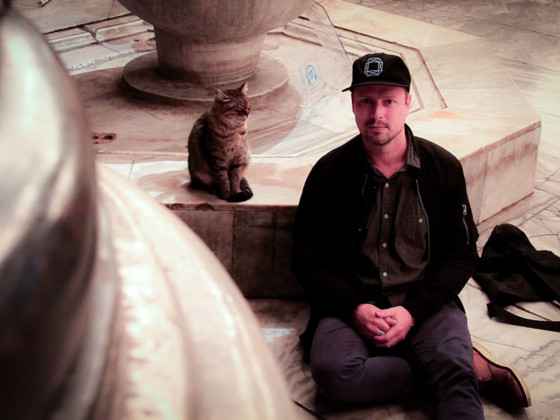“You haven’t heard?” Zeynep asks.
She is the cordial, levelheaded young woman who manages the rental apartment we stay in. Her frizzy brown hair is died green at the tips. She speaks fluent English, learned, she tells us the night before, from watching Friends.
My friend Daniel and I look at her blankly and shake our heads. “A terrorist attack in the capital,” she says.
